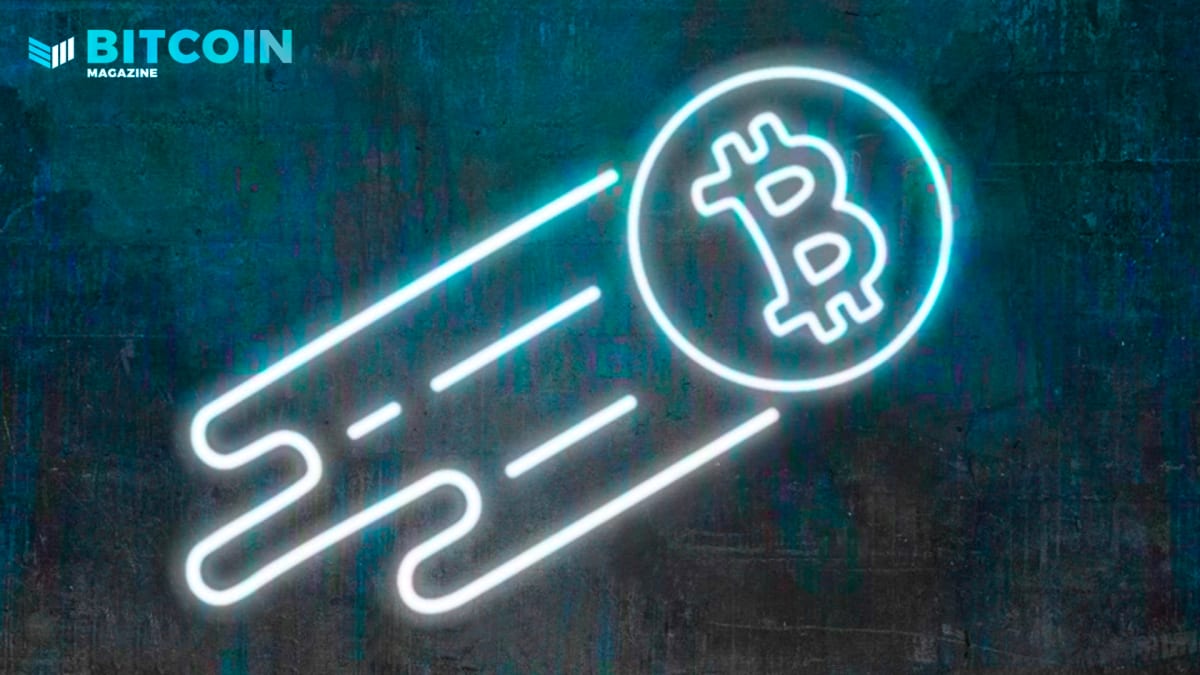2022-10-3 06:00 |
Bitcoin is becoming more popular in its use as a medium of exchange. Some tenants and landlords may prefer to transact exclusively in bitcoin.
Jenna Hall is a content marketing coordinator at Redfin. Redfin does not provide legal, tax, or financial advice. This article is for informational purposes only and is not a substitute for professional advice from a licensed attorney, tax professional or financial advisor.
Over the past few years, an increasing number of companies worldwide have started allowing customers to pay for their products and services with bitcoin. While bitcoin used to be considered a niche asset, it’s now emerged as a highly popular currency and is treated as a viable alternative to cash and credit for many major retailers. Now that you can use bitcoin to purchase almost anything, some are wondering how they can use their digital currency to buy a home or even pay their rent.
With bitcoin becoming more intertwined with real estate transactions, you may be wondering if paying rent with bitcoin is a good option for you. Whether you’re a landlord or a tenant, here’s what you need to know.
How Does It Work?Currently, there are two ways landlords can collect bitcoin rental payments. The first is by using a property management platform that leverages technology to process bitcoin payments. The second is by simply transferring peer-to-peer with the tenant.
For payments made through property management software, both the tenant and landlord must have an account with the platform. The landlord can then send the tenant a payment request and the tenant can choose how they want to pay. They can transfer bitcoin directly through a brokerage like Coinbase or scan a QR code of the payment request and pay through their digital wallet.
It’s important to note that most property management platforms don’t hold any digital currency, they simply convert the coins into U.S. dollars and transfer payment to the landlord as such.
Without a platform, tenants can still rent an apartment with bitcoin by transferring their holdings into the landlord’s digital wallet. Landlords and tenants should keep in mind that transferring bitcoin peer-to-peer leaves no paper trail. So it’s a good idea to create documentation that includes evidence of payment records to avoid any potential issues.
Five Advantages Of Using Bitcoin To Pay RentWhether you’re a landlord or tenant, there are many advantages to using bitcoin for rent payments. Here are the top five benefits to help you decide if it’s a good option for you:
More FlexibilityRenters are looking for properties that give them more payment flexibility. According to a recent study from the Motley Fool, more than half of renters surveyed said that they would pay more in rent to have more convenient payment options.
Payments with bitcoin can be fully digital and made on a phone, computer or tablet. Unlike traditional banks, bitcoin payments can be made and received 24/7. This means that landlords won't have to wait until business hours or after a holiday weekend to receive their rent payment.
Simpler Payments For Those Renting AbroadRenting abroad can be tricky, especially when the landlord and tenant use different currencies. Transferring money in traditional ways likely means paying wire transfer fees, foreign transaction fees and currency conversion fees. On top of that, landlords and tenants must consider foreign exchange rates and the time delay it often takes for money to transfer internationally.
However, bitcoin can be used internationally instantly with little to no fees, saving time and money for both the landlord and the tenant.
Fewer Transaction FeesMost online rent-paying platforms charge a fee to pay rent with a credit card. This fee is typically 2.5%-2.9% of the rent amount and is paid for by the tenant. Even third-party platforms like Venmo and PayPal charge a fee of about 3% for business transactions like accepting rent payments, which landlords have to pay when accepting payments.
Renters and landlords can avoid these transaction fees altogether by transferring bitcoin directly, which could save each party hundreds or even thousands of dollars over a few years.
If tenants and landlords choose to transfer bitcoin via a property management platform that supports bitcoin transactions, they’ll likely still need to pay transaction fees. However, those fees are meager compared to credit card processing fees.
Added Privacy For TenantsBitcoin payments are great for tenants who prioritize their financial privacy. Bitcoin uses anonymous addresses that change for each transaction, so payments don’t require any personal information, traceable credit card numbers or account numbers.
Given the pseudonymous nature of the blockchain, bitcoin payments are ideal for those who are privacy-forward and wary about sharing their personal information.
Potential First-Mover AdvantageBitcoin is increasingly becoming more accepted in mainstream markets, with many companies beginning to accept bitcoin as payment. However, there’s still some work to be done before it becomes a financial norm.
Landlords who are forward-thinking, tech-savvy and want to remain at the front of upcoming trends may want to consider being early adopters. Potential renters may see the value in a property that accepts bitcoin and be more inclined to rent with those properties.
What To Keep In Mind When Using Bitcoin For RentHere are some final things to consider if you plan on using bitcoin for rent as a landlord or a tenant:
Cashing Out Versus HoldingIf you’re a landlord accepting bitcoin, you have the choice of either cashing out or holding. It’s a good idea to consider the pros and cons of each. Bitcoin is known to be volatile and the amount a tenant pays in bitcoin could change quickly. Landlords should examine their financial goals and consider speaking to a financial advisor to see which option works best for them.
Rent Amount Could FluctuateSince the value of bitcoin fluctuates, so will the monthly rental amount. This means that the amount of bitcoin you give or receive for rent could change month to month.
Keep DocumentationGiven the nature of bitcoin that makes it more challenging to trace, landlords and tenants should protect themselves by keeping records of rent payments using bitcoin to the best of their ability. Suppose landlords and tenants plan on transferring peer-to-peer. In that case, it’s a good idea to consult with a legal professional to ensure proper paperwork and documentation about a rental payment agreement is created.
This is a guest post by Jenna Hall. Opinions expressed are entirely their own and do not necessarily reflect those of BTC Inc. or Bitcoin Magazine.
origin »Bitcoin price in Telegram @btc_price_every_hour
Bitcoin (BTC) на Currencies.ru
|
|


